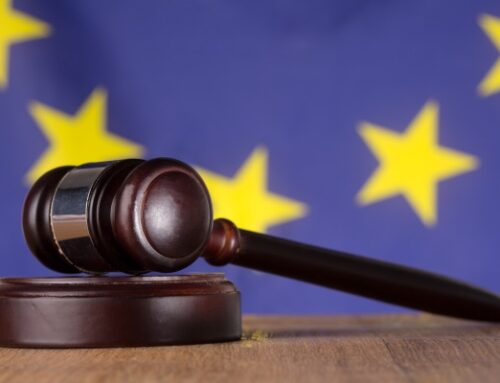Detlef Schmuck: “The European Court of Justice will probably declare the EU-US data protection shield invalid in 2020. Then millions of companies in Germany will be left standing in the rain too.”
Hamburg, 30 January 2020 – The EU-US Privacy Shield will probably be declared invalid by the European Court of Justice during the course of 2020, predicts Detlef Schmuck, Managing Director of the Hamburg data security company TeamDrive. The security expert warns that such a decision by the highest court would put millions of European companies using US data services in a predicament. His urgent advice to German companies: “The affected companies should immediately move away from US-based cloud providers and switch to a German provider.
A decision of the European Court of Justice in the “Schrems II” case is expected in 2020. In 2013, the Austrian lawyer Max Schrems had filed a lawsuit in the light of the Snowden revelations, which ended with the ECJ declaring the Safe Harbor Privacy Agreement between the EU and the USA, which had been applied until then, invalid in 2015. The EU’s follow-up EUUS Privacy Shield was approved by the EU Commission in July 2016 to ensure the protection of personal data transferred from a member state of the European Union to the USA. As early as March 2017, the EU Justice Commissioner Věra Jourová had threatened to suspend the arrangements in view of the “unpredictability” of the Trump government in the USA. According to widespread legal opinion, the “Schrems II” proceedings will also bring down this arrangement in 2020.
“What at first glance looks like dry legal material will develop into a data protection disaster for companies that do not foresee this development,” fears TeamDrive Managing Director Detlef Schmuck. The data security expert also assumes that the standard contractual clauses (SCC) on EU-US data protection approved by the EU Commission will be overturned by the ECJ. “Companies that do not prepare themselves will be faced with a shambles of data protection, because none of the regulations still in force today should stand up to scrutiny by the European Court of Justice,” says Detlef Schmuck.





